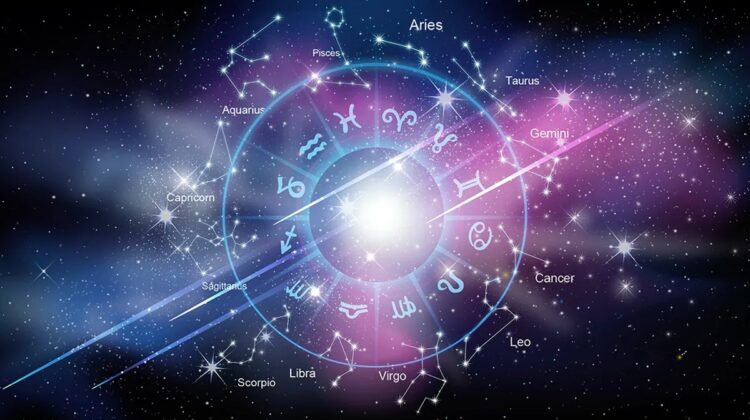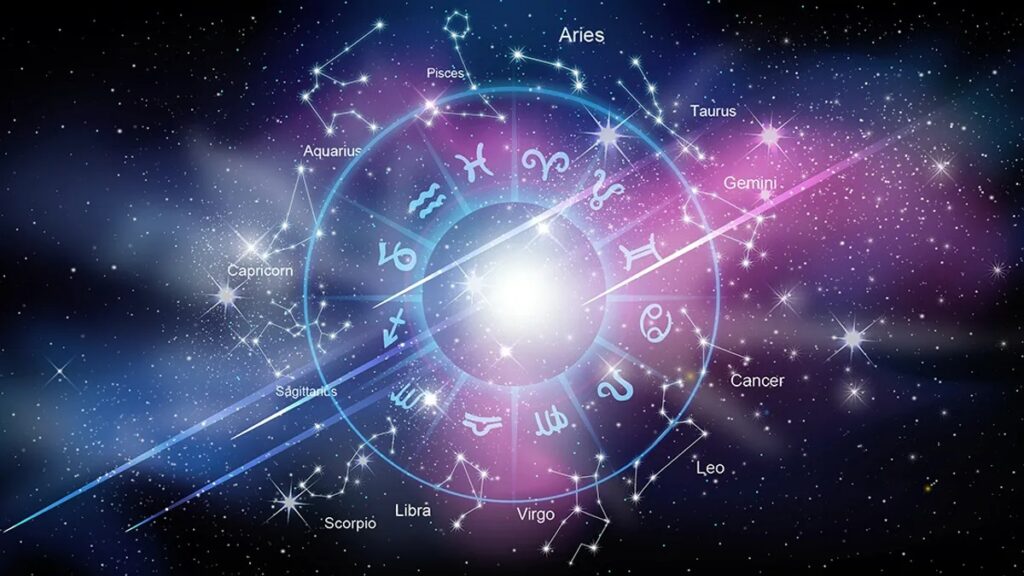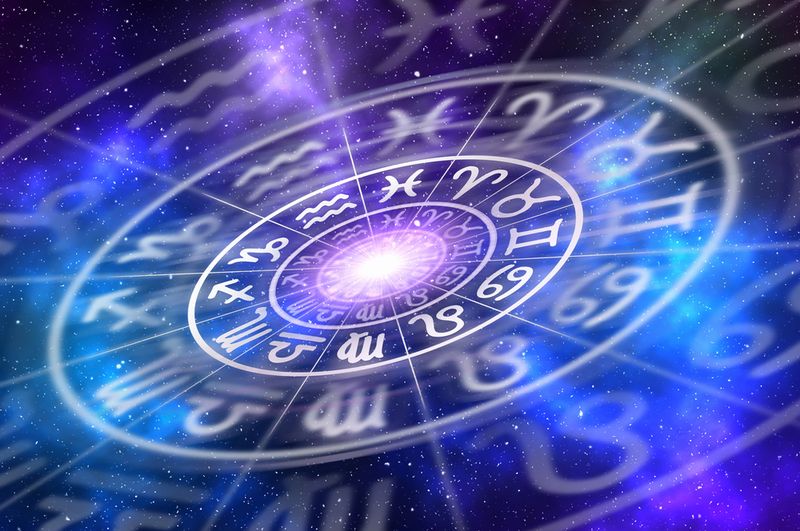
A recent study has revealed that astrologers, despite their confidence, are no better at astrology than random guessing. This investigation into the field of astrology highlights a significant gap between belief and empirical evidence.
Astrology, with its frequent references to planets and stars, may sound scientifically plausible to some. Gallup and YouGov surveys indicate that about 25 percent of Americans believe the movements of celestial bodies can impact lives through unknown mechanisms. However, scientific tests of astrology consistently fail to support these claims.
Earlier this year, a research team conducted another study to explore astrology’s validity, though they anticipated no favorable results. They analyzed characteristics of 308 individuals, including religiosity, political views, and various life outcomes such as mental wellbeing and social activity, in relation to their zodiac signs. The study found no correlation. Astrologers criticized this approach, arguing that it only considered Sun signs, whereas they use “entire astrological charts.”

To address this, the team worked with six astrologers to develop a more rigorous test. They tasked 152 astrologers with matching people to their astrological charts. The results were revealing: while more experienced astrologers were more confident in their predictions, their performance was no better than random guessing. On average, those who considered themselves “world-class experts” identified only 2.2 out of 12 correctly.
The study authors noted, “If astrologers as a group had been able to do meaningfully better than chance, this study design would have supported the conclusion that astrology works. But, as it turned out, astrologers in the study performed in a manner statistically indistinguishable from random guessing.”
Further analysis revealed that astrologers from different schools—such as Chinese, Western, Mayan, and Renaissance—showed similar results. Hellenistic astrologers had the highest accuracy, identifying 2.9 out of 12 correctly, but this still aligned with random guessing.
The study also examined whether astrologers agreed with each other. The agreement rates were notably low, ranging from about 21 percent to 28 percent depending on experience level. This lack of consensus among astrologers, even among the more experienced, suggests a significant variation in interpreting astrological charts.

While the study has not yet undergone peer review and has limitations—such as self-reported experience levels and the nature of single studies as not being definitive—its findings contribute to the broader body of evidence. The team concluded, “An individual study can only provide strong evidence related to a claim, not definitive proof. Every study, including this one, should be interpreted in the context of other evidence.”
Overall, the study underscores the lack of empirical support for astrology and reinforces that confidence does not equate to accuracy. The full results of the study are available on Clearer Thinking.

Leave a Reply